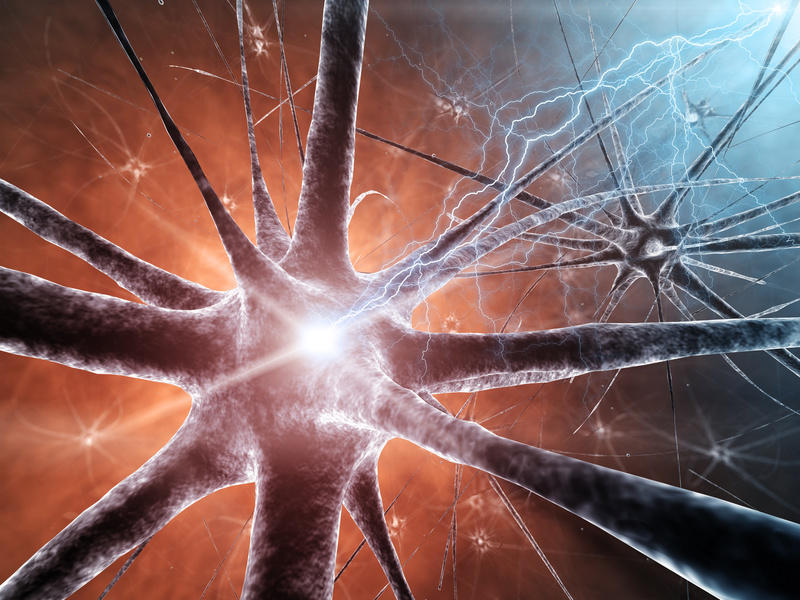A recent study, published in Science, has found that individual neurons within the brain have an unexpected amount of variation in genetic make-up.  The research was led by scientists from the Salk Institute for Biological Studies, and has been a surprising discovery that change how we think about brain genetics.
The scientists had to profile the genomes of single cells, instead of a group of cells, as this would lead the result to an average amongst them all, to find out whether there definitely was unique DNA in neurons in the brain of the same person.  Thanks to the use of single-cell sequencing, it has been finally been shown that neurons are made up of a patchwork of DNA. This is opposing previous ideas that all the neuron DNA was identical.
Altogether, a total of 100 neurons were isolated from a post-mortem of 3 brains, and the researchers were trying to note any large deletions or duplications of DNA. It was found that a surprising 41% of neurons contained at least one significant variation.
Due to the high potential for error within the research, the team spent a year on controlled experiments to make sure that the final data was correct. Fred Gage, corresponding author, said in regards to the controlled experiments: “We had to do that because this was such a surprise – finding out that individual neurons in your brain have different DNA content.”
This research may lead to a greater insight into many mental health conditions, such as depression, bipolar disorder, schizophrenia and autism. Although theorised, these have yet to have been assigned to a specific gene. Mike McConnell, who led the study, believes “That might be why it’s been so hard to figure out the genetics of these complex diseases ÔÇô because we’ve been building on the assumption that all the cells in there had the same genome”.
These genetic differences between individuals may also play a part in our personalities and intelligence levels. Further research is being undertaken into whether the results found are solely neuron specific or instead associated with age and or genotype. However, this is a huge breakthrough that will only lead to further understanding of the workings of the brain.
Jacob Cain





Add Comment